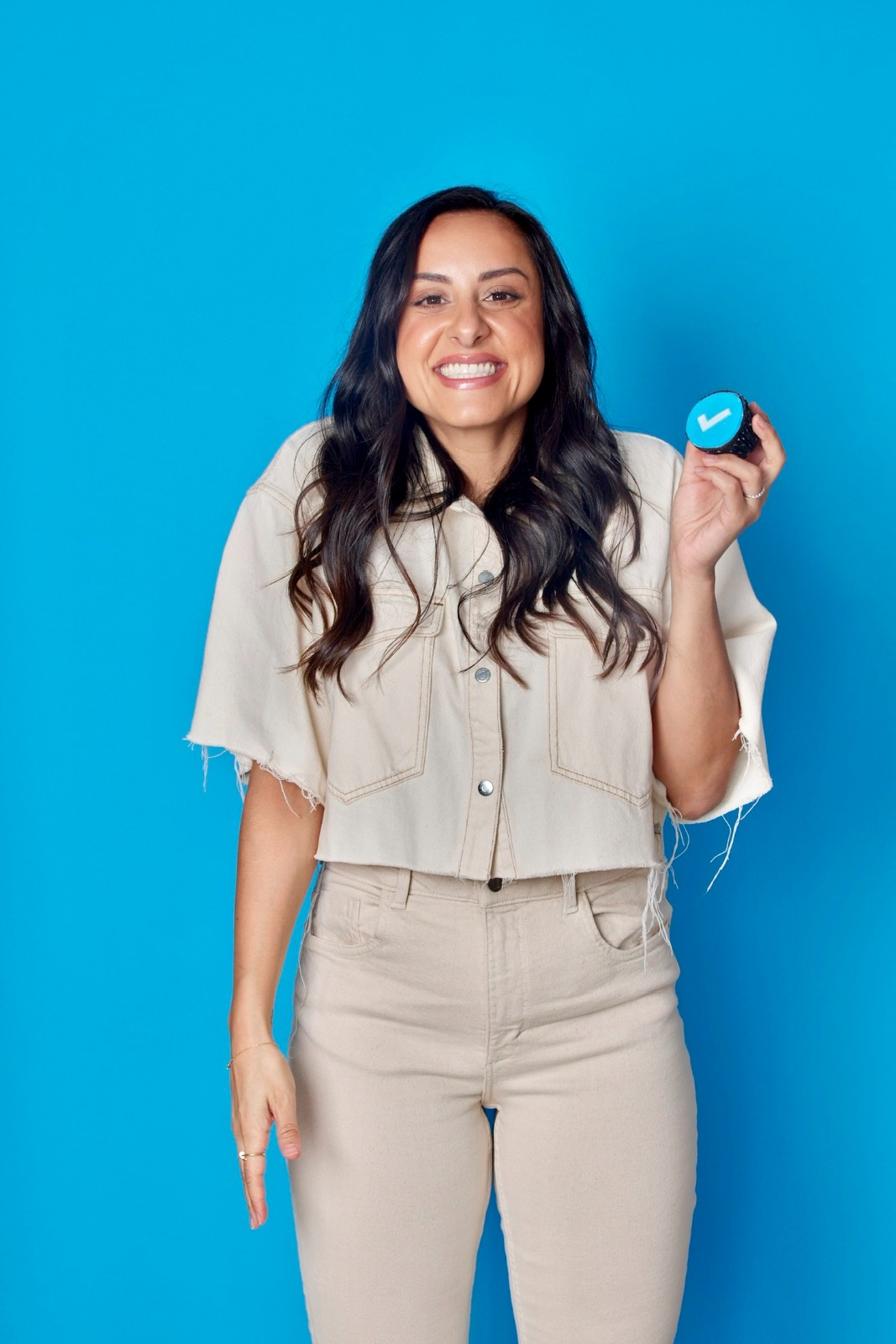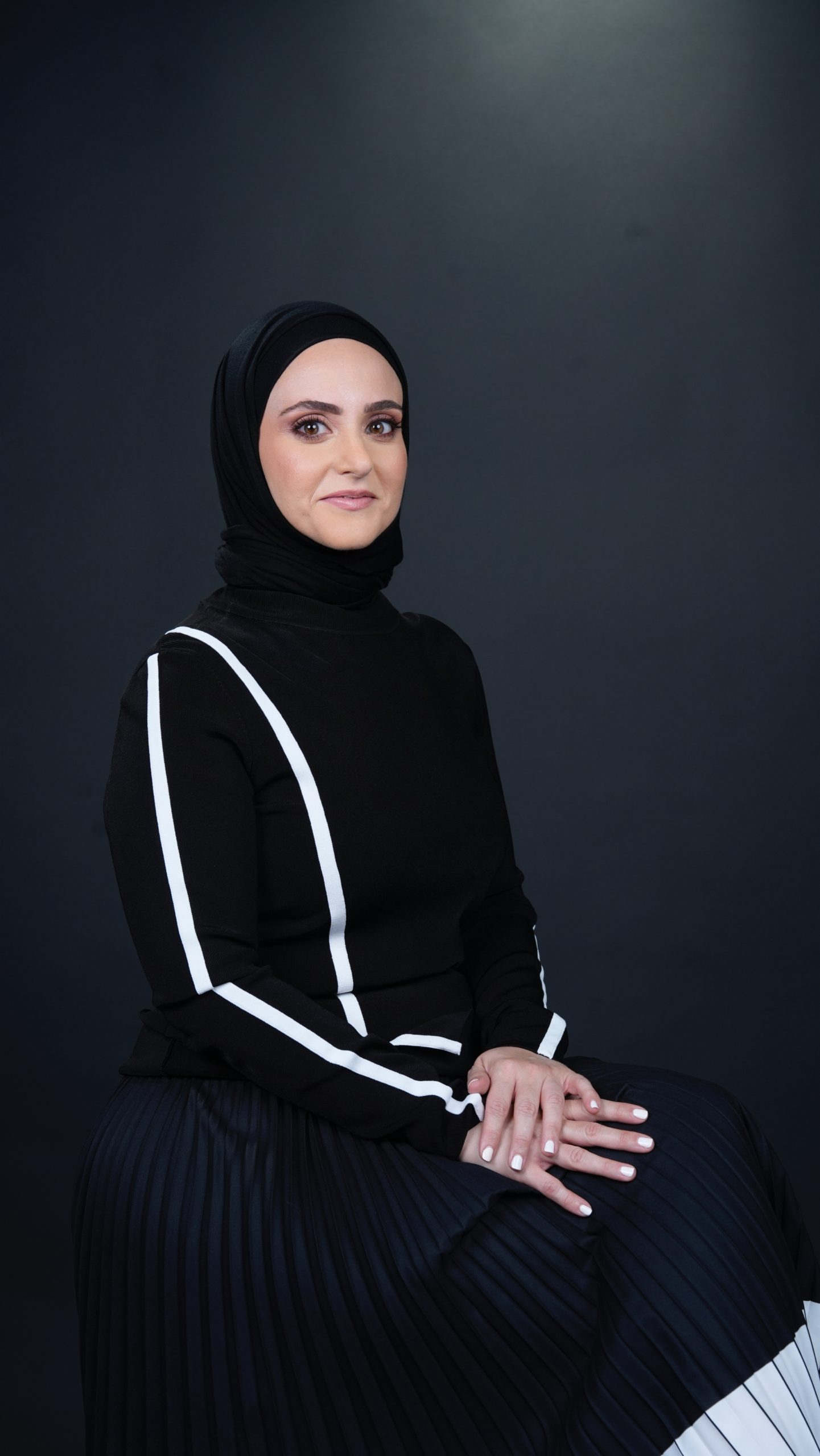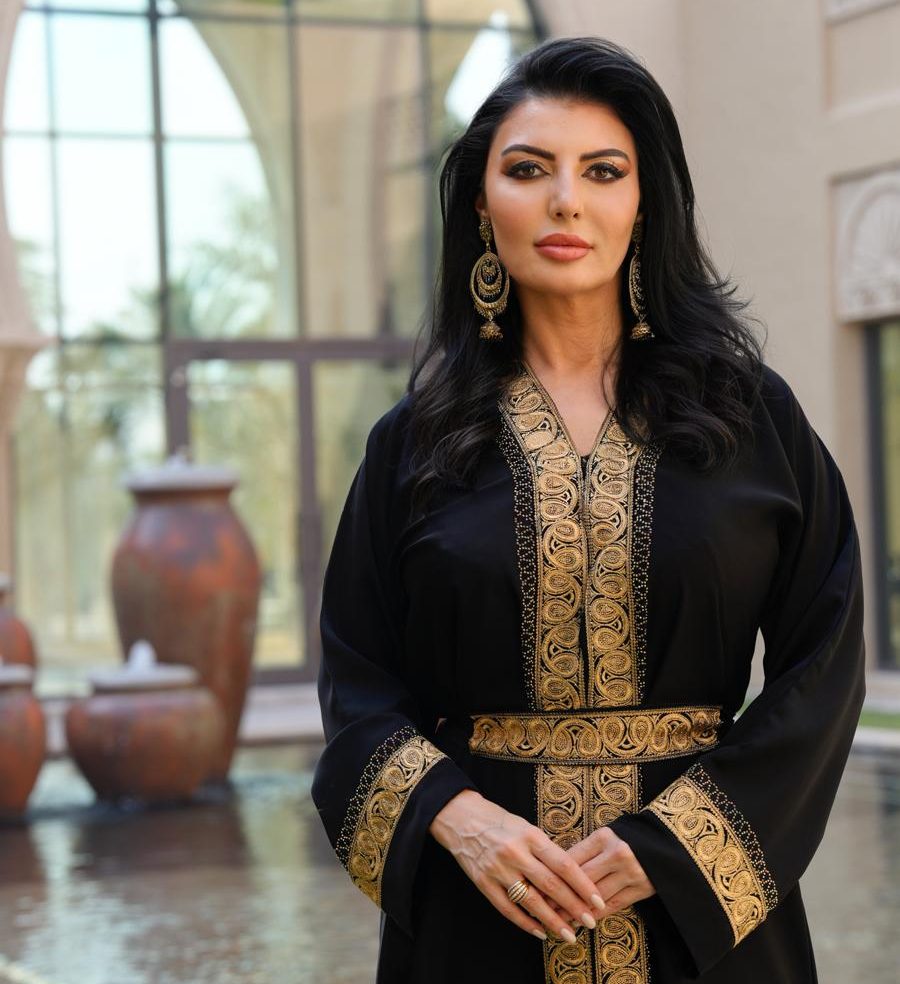The United Arab Emirates, established in 1971, is one of the youngest countries in the world, and when you get there, pretty much everything you see around you is new. It is also one of the wealthiest, most neutral, and most inclusive countries in the world, trying to attract top talent and technology companies in the most promising areas of human development, such as AI, digital health, and sustainable energy. Today, it is a melting pot bringing people from all over the world.
In 2013, out of the 9.2 million inhabitants, only 1.4 million were Emirati citizens. Since the local population is so small, dates back many centuries, and is organized as the electoral monarchy, where bloodlines play a very important role, the country introduced mandatory premarital genetic testing for all Emiratis to reduce the incidence of severe genetic diseases. Leading the program is Her Excellency Dr. Maryam Matar, who I happened to meet during Arab Health week in February 2022. I attended her talk organized by the Dubai-based P4ML, led by the proud Irishman Patrick Moloney. When Dr. Matar took the stage, she started her talk with an introduction to the achievements of UAE Genetic Diseases Association and potential negative impact of rare diseases in the UAE. She explained the significant initiatives introduced by the government to reduce the prevalence of common genetic disorders such as mandatory premarital screening.
Then, serendipitously, she shifted gears and started talking about the most important cause in biomedicine – human longevity. She opened with the introduction of the biomarkers of aging dubbed the aging clocks, presented the recent works by David Sinclair and Nir Barzilai, and concluded with her own research in this area with a focus on role of sleep hygiene and the microbiome. Since I founded the largest volunteer-run educational program in longevity medicine, I thought that I knew pretty much every major practitioner in the field. But Dr. Matar made it clear that the research her group is conducting is published mostly in journals geared toward the Arab nations and building the local ecosystem in the Middle East and North Africa (MENA) region.
The next day, Dr. Matar agreed to give a talk at the opening ceremony of the first AI and quantum computing research center in Abu Dhabi. Again, she focused on the biomarkers of aging, sleep hygiene and the microbiomes, and the epigenetic reprogramming tools available for the community. Most importantly, she explained in simple terms what the future of longevity medicine is and why it is important. After the event, I took the liberty and asked her a few questions. And we sat down for a conversation.
Dr. Maryam Mohamed Fatma Matar, MD, PhD, is an Emirati geneticist, medical researcher, and runs a TV program “With Dr.Maryam” on the National channel of United Arab Emirates (UAE). A physician by qualification, she obtained her medical degree in Dubai, she pursued a Ph.D. degree. After the completion of her degrees in medicine and in business, she was shortlisted and recruited by the Government of the UAE to lead Dubai community development strategy 2006-2016. While working for the government, Dr. Matar became the first Emirati woman to hold the position of Senior Undersecretary of the of Public health and Primary health care at Ministry of Health in 2008 and than she was promoted to be the first Emirati woman to hold the position of Director General in the Dubai government at the Community Development Authority in 2008.
In 2004 she founded the UAE Genetic Diseases Association. She also founded the Sheikh Zayed Genetic Research Center and became a committee member of the Global Commission to End the Diagnostic Odyssey for Children with a Rare Disease. In last two decades, she has founded more than 14 nonprofit associations in the field of health advocacy and awareness and founded several initiatives on women leadership and girls in STEM for the UAE. Several of these outfits grew rapidly as they serve a critical need of the community and are functioning as independent associations today. In 2019, Dr. Maryam Matar received the coveted ‘Pioneering Arab Woman in healthcare innovation in Kuwait, and was highlighted as the top 20 Arab scientists with the biggest contribution to humanity by British Scientific Community. She is named among 100 most powerful Arab women more than six times and is recognised as one of the most influential Muslim female scientists.
A Muslim Female Physician Scientist on the Quest for Increased Health Spans
During the World Government Summit in Dubai, I got to speak with Dr. Matar at length to learn about the longevity initiatives in the UAE and her role in the longevity community.
“I just wanted to make it clear from the very beginning that from the Islamic point of view, nobody can help anyone live longer. But what we can do is to improve the quality of peoples’ lives and elongate the healthy portion of their life”, said Dr. Matar.
This came to me as a surprise. Before opening an AI research center in Abu Dhabi, we got extensive cultural training to prevent any disrespectful behavior. But I never realized that direct focus on increased lifespan would be incoherent with the local religious views. I politely made a disclaimer that in light of this new information, let’s assume that the word “longevity” means increased health span and improved quality of life. We proceeded.
“As a young physician, my aim was to specialize in the field of plastic surgery and use the technology and tools available then, to help women young. Since then my passion for wellbeing and staying ageless has continued but my approach became more holistic and comprehensive with the help of Epigenetics. I was actively involved in the global community of advance genetic sciences especially cell ageing and rejuvenation therapies and I have learnt and deepen my skills, knowledge and qualifications in this field since many years. Last decade has been transformative in genetic sciences and very rapid progress is made in the field of Epigenetics and regenerative therapies globally”, continued Dr. Matar.













Who wants free USDT ? They are giving 30k USDT in rewards on Cryptosacro
This is really interesting, You are a very skilled blogger.
I’ve joined your feed and look forward to seeking more of
your fantastic post. Also, I have shared your site
in my social networks!
Hello to all, how is everything, I think every one is getting more
from this site, and your views are pleasant in favor of new users.
Hi my family member! I want to say that this article is amazing, nice written and come with approximately
all important infos. I’d like to look more posts like this .
Its like you read my mind! You seem to know a lot about this, like you wrote the book
in it or something. I think that you can do with some pics to drive the message home a bit, but other than that, this is great
blog. A great read. I’ll certainly be back.
Good site you have here.. It’s hard to find good quality writing like yours these days.
I truly appreciate individuals like you! Take care!!
I am in fact delighted to read this website
posts which includes lots of valuable data, thanks for providing these information.
Have you ever considered creating an ebook or guest authoring
on other blogs? I have a blog based upon on the same subjects you discuss and would
really like to have you share some stories/information. I know my subscribers would
value your work. If you’re even remotely interested, feel free to shoot me an e mail.
Wonderful goods from you, man. I’ve understand your stuff
previous to and you are just too excellent. I really like what you have acquired here, certainly like what you are saying and the
way in which you say it. You make it enjoyable and you still take care of to keep it sensible.
I can not wait to read much more from you. This is really a great
site.
My brother suggested I may like this blog.
He used to be totally right. This post truly made my day.
You can not consider simply how a lot time I had spent for this info!
Thanks!
There is certainly a great deal to learn about this subject.
I like all the points you made.
Link exchange is nothing else but it is simply placing the other person’s blog link on your page at appropriate place and other person will also
do similar in support of you.
I really love your site.. Very nice colors & theme. Did you
develop this site yourself? Please reply back as I’m
hoping to create my own personal website and want to find out where you got this from or what the theme is
named. Many thanks!
Does your site have a contact page? I’m having problems locating it but, I’d like to send you
an e-mail. I’ve got some recommendations for your blog
you might be interested in hearing. Either way, great blog
and I look forward to seeing it develop over time.
Excellent way of telling, and pleasant article to obtain facts concerning my presentation topic, which i am going to convey
in institution of higher education.